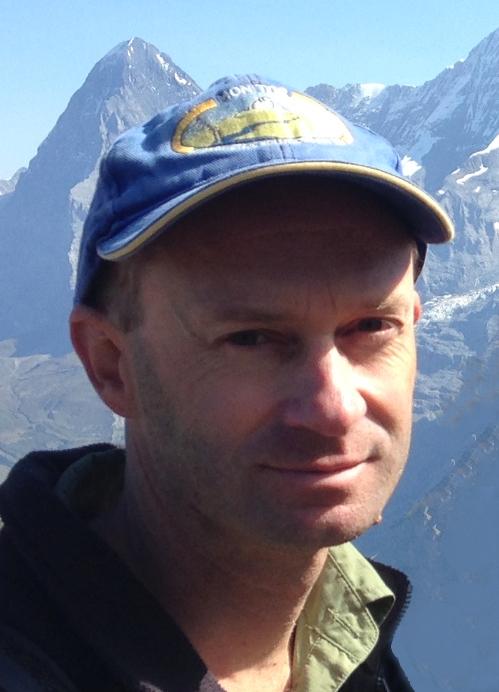Critical minerals focus for top talent

Dr Spandler
The University of Adelaide has appointed Dr Carl Spandler as Associate Professor of Critical Minerals, as part of its ambitions to elevate further its research performance in multiple fields that have tangible outputs of global significance.
Professor Keith Jones, Executive Dean of the Faculty of Sciences, said Dr Spandler joins the University under its ‘Investing in Top Talent’ program in the University’s Strategic Plan, Future Making, which is attracting the world’s best minds to South Australia.
“In this new role Dr Spandler will be leading and developing research in critical minerals exploration; particularly those elements that are crucial to the transition to a renewable energy future,” said Professor Jones.
“Dr Spandler brings to the University’s School of Physical Sciences a strong academic record with expertise in understanding the mineral systems containing technologically critical metals.”
Critical minerals are metals and non-metals that are considered vital for the economic wellbeing of the world's major and emerging economies, yet the supply of which may be at risk due to geological scarcity, geopolitical issues, trade policy or other factors. They are used to manufacture high-tech applications such as mobile phones, flat screen monitors, wind turbines, electric cars, and solar panels.
“The economic viability and strategic importance of critical mineral resources is controlled by a range of economic, geopolitical and technological development factors that inherently are highly unpredictable.” Dr Carl Spandler
“The position will also be pivotal in providing leadership of the proposed new South Australian Centre for Critical Minerals in partnership with the South Australian Museum, which will enable access to the Museum’s world-class minerals collection,” said Professor Jones.
Dr Spandler, who comes to Adelaide from James Cook University, said: “I use petrology and geochemistry to research many different aspects of Earth Science, including the evolution of the Earth's mantle and crust, and the formation of ore deposits.”
“A focus of my research has been towards understanding the origin and evolution of critical metal orebodies.”
With a solid track record of research, teaching and academic leadership in petrology, geochemistry and economic geology, Dr Spandler’s research publications represent about half of all the literature on Australian rare earth element ore deposits.
“Economic geology as a research field is at the cusp of becoming a more holistic science that integrates all fields of geology, as well as aspects of economics, geopolitics, metallurgy and environmental science,” said Dr Spandler.
“This breadth of research is needed for critical mineral resources, as it is largely non-geologic factors that determine their criticality.”
Australia is one of the world's top five producers of critical minerals including antimony, manganese, ilmenite and rutile. It is also the second largest producer of rare earth elements, accounting for 13 per cent of global production.
“The economic viability and strategic importance of critical mineral resources is controlled by a range of economic, geopolitical and technological development factors that inherently are highly unpredictable,” said Dr Spandler.
The University of Adelaide is one of Australia’s leading Group of Eight, research-intensive universities and is consistently ranked among the top one per cent of universities in the world. Established in 1874, it is Australia’s third oldest university with a strong reputation for preparing educated leaders and delivering research outcomes that contribute to local, national and global wellbeing.
Media Contacts:
Dr Carl Spandler,
Associate Professor of Critical Minerals,
The University of Adelaide.
Mobile: +61 (0)409 537 317,
Email: carl.spandler@adelaide.edu.au
Crispin Savage,
Senior Communications and Media Officer,
The University of Adelaide.
Mobile: +61 (0)481 912 465,
Email: crispin.savage@adelaide.edu.au
